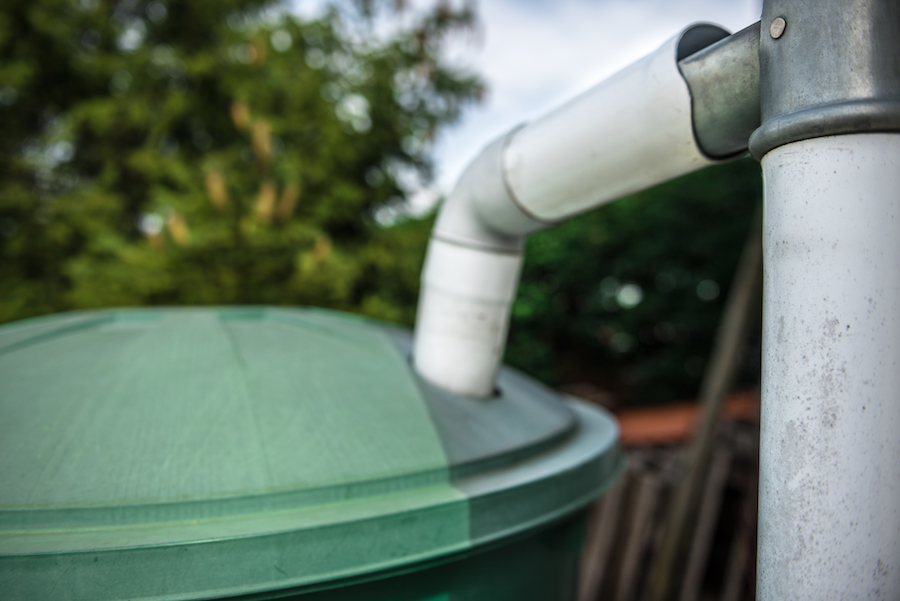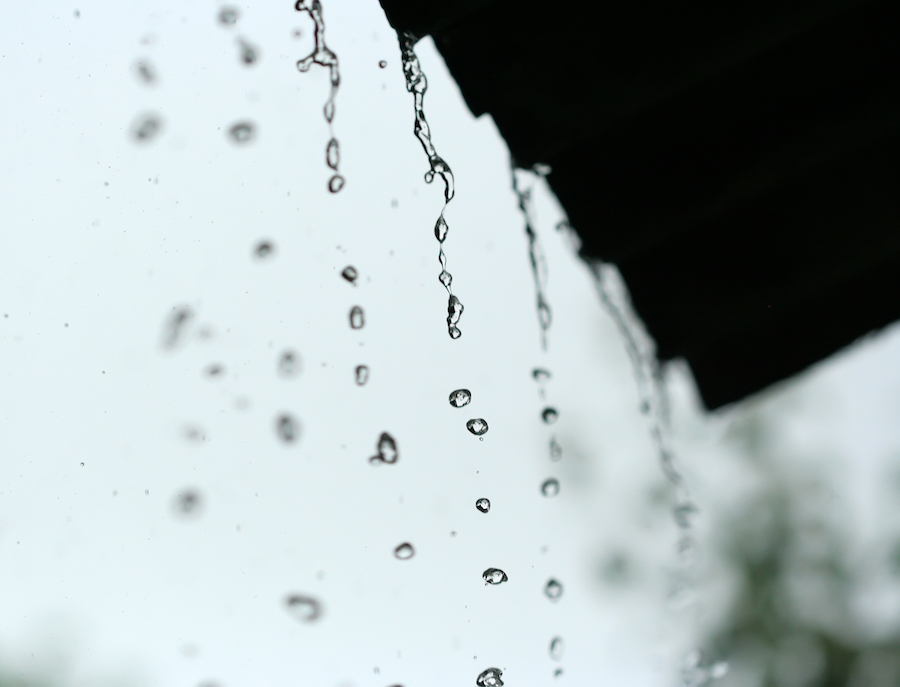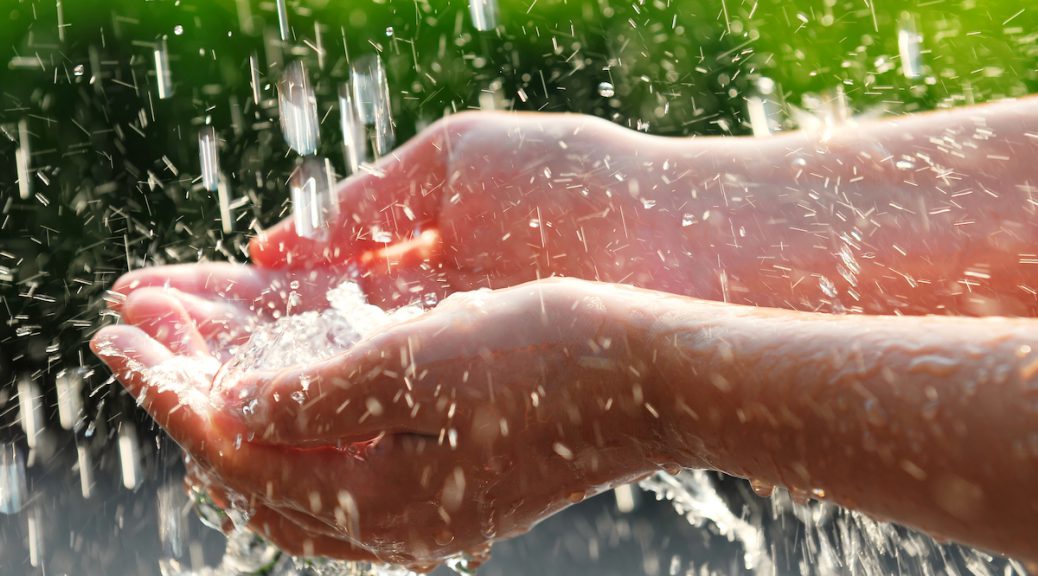Blue gold is a precious natural resource, especially now with climate change. In Quebec, we are blessed with a territory that contains lots of it. But we must be careful.
Here, we use it mainly to water plants, wash vehicles or clean garden furniture. But it is scarce! Around the world, its use is often more optimal. For example, in China, even dew is collected, while in Afghanistan snow is collected. In Australia, about 50% of buildings are equipped with a recovery system.
Savings? This Way!
If few Quebecers are attracted to this ecological action, it is probably because they believe that they will not save any money doing it. It is true that we are not charged for our water consumption. However, there are indeed fees! We must not forget that wastewater must be factory treated, a treatment that we pay for through our taxes. Montrealers pay $800,000 a day for this service.

Better Quality Water
Did you know that the water that falls from the sky is much better than that of our sewer systems? It contains less minerals, salt and contaminants and is therefore not as hard as tap water. However, depending on where you are located, this water may contain some contaminants suspended in the air. Fortunately, this does not make it dangerous for our health.

Is It Expensive?
It is possible to reduce our drinking water consumption by 30% thanks to home recovery systems which can be used for outdoor tasks such as washing the car or watering plants. This option is inexpensive. The device can cost less than $200. It is even possible to make one yourself. Another more expensive option is installing a device that will use this water for the toilets of your home which provides a 60% savings in the use of this resource. For a system that will supply an entire building, prices vary greatly; several hundreds of dollars are to be expected.
Drawbacks
Not everything is rosy in the land of recovery systems! The cost is of course a disadvantage that discourages many people. Also, some systems are not energy efficient… which is slightly ironic from an ecological point of view! Some homeowners experienced mishaps when their water was found to be contaminated with building materials such as roof shingles. It should also be noted that some motionless water reserves can become infested with all types of insects.
According to statistics, each Quebecer consumes an average of 400 liters of drinking water per year, of which only 1% would be used for food. These figures are implausible and rank us among the largest consumers in the world. Are you ready to start recovering this gift from heaven?
All images in this article come from https://depositphotos.com.
